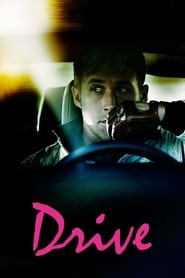It's fascinating to compare the contemporary reviews by critics, the audience reactions (from misleading expectations) and the film's later adoption by a certain online viewer who placed it within their established "incel canon" of Fight Club (1999), The Matrix (1999), The Dark Knight (2008) and V for Vendetta (2005). Are the fans of these fedoracore movies subconsciously yearning for films that are spiritually and morally empty? (Given that context, it's thus especially interesting to ferret out the dissenting critical reviews by professional critics.)
In the hands of great filmmakers [genre] can be a bridge between familiar narrative structures and new insights about how people interact and behave. Those are precisely what Drive is missing, in spite of some intriguingly nuanced performances.
— A. O. Scott (The New York Times)
This is a movie tailor-made for contemporary American critics, who are steeped simultaneously in the culture of Eurocentric art-house movies and in Hollywood B cinema of the '70s and '80s, all the stuff that inspired Quentin Tarantino.
— Andrew O'Hehir (Salon)
I think, basically, this movie manages to frustrate everybody's expectations of it -- to its great credit. I mean, it really is quite good. But then, I'm not sure anybody should be surprised if it bombs.
— Thomas Rogers (Salon)
Synopsis: Driver is a skilled Hollywood stuntman who moonlights as a getaway driver for criminals. Though he projects an icy exterior, lately he's been warming up to a pretty neighbor named Irene and her young son, Benicio. When Irene's husband gets out of jail, he enlists Driver's help in a million-dollar heist. The job goes horribly wrong, and Driver must risk his life to protect Irene and Benicio from the vengeful masterminds behind the robbery.

